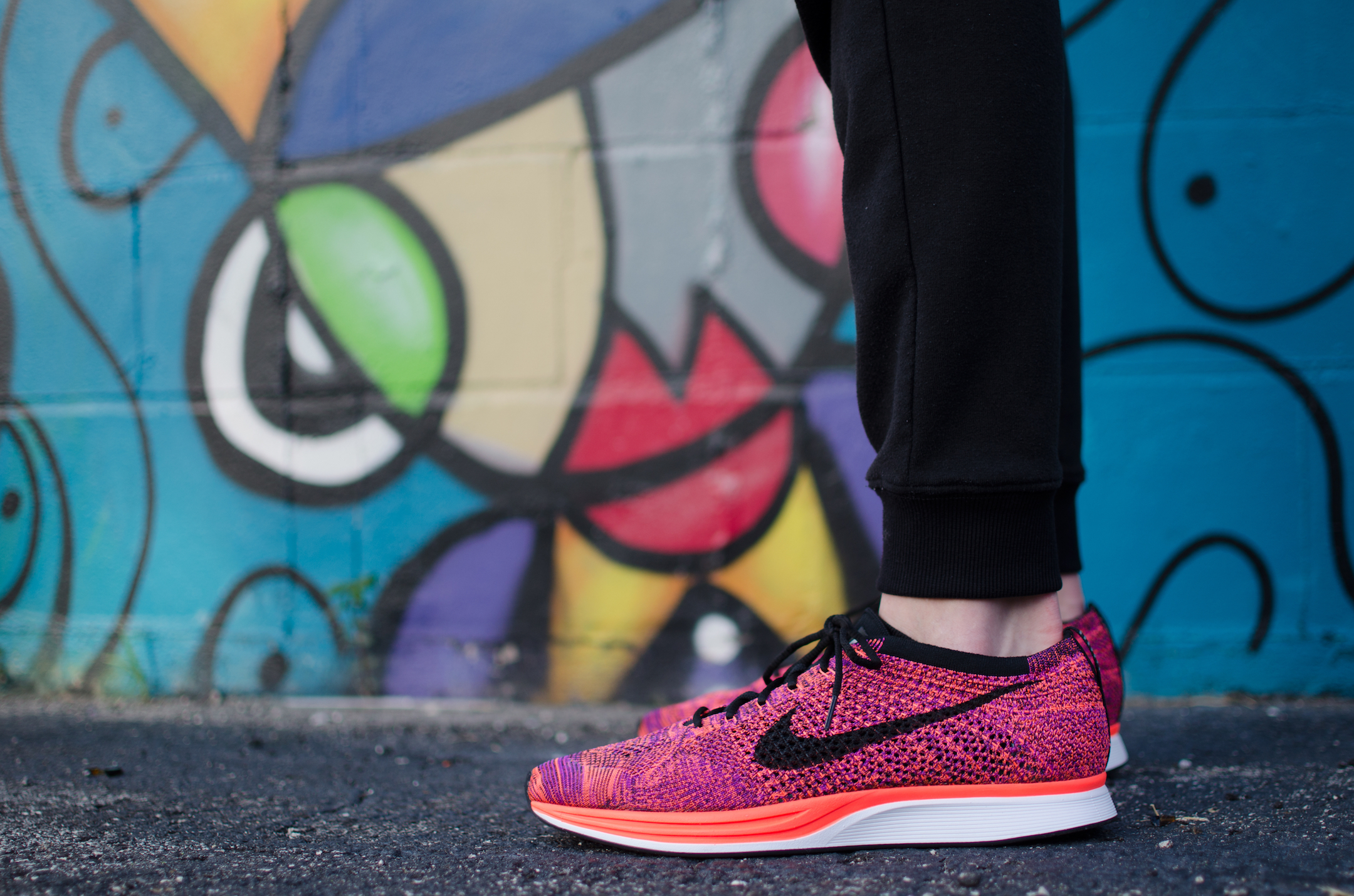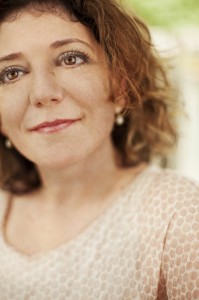Katie Steedly’s first-person piece [The Unspeakable Gift] is a riveting retelling of her participation in a National Institutes of Health study that aided her quest to come to grips with her life of living with a rare genetic disorder. Her writing is superb.
In recognition of receiving the Dateline Award for the Washingtonian Magazine essay, The Unspeakable Gift.
Enter your email here to receive Weekly Wide-Awake
Diagnosis Is Not Destiny

I have completed more than a dozen half-marathons. I started running races when I trained for a marathon at 29. Many years ago. I will continue to run half marathons as long as I am able. When I say run, I am not talking about blistering speed. I am not talking about finishing near the top of my age group. I am not even talking about beating my personal best times. All those things would be great, but I describe my goals in terms of overall health, consistency, and joy. When I first started running my Ironman yogi coach explained that – amidst all the talk of getting ripped, crushing it, and leaving it all on the road – finding an exercise you enjoy is the key to exercising over the long haul. That makes sense to me.
Running with Turner syndrome has taught me a few things.
Everything is a bit tougher for me.
My body doesn’t always agree with my training schedule. It never has and probably never will. I have to cross-train and rest on my rest days. I often have to psych myself up to get out the door. I am sure most people face those issues, not just women with Turner syndrome. Still, obstacles like soreness and fatigue are natural to me. It is particularly hard the older I get. [Note: See my earlier explanation about needing to find an exercise you enjoy for the strength to stare difficult days down and tell them to get out of the way.] Pushing myself never looks the same as the other people in the gym or on the street. Progress, in terms of faster times and better-fitting clothes, takes much longer, too. I have learned to be alright with all that and not let it diminish my will to continue.
Running lets me prove things to myself.
This is where the destiny of diagnosis enters my story. At mile 8, I always start thinking how incredibly improbable it is that I am doing what I am doing – heading toward the finish of a half marathon. My diagnosis in 1987 did not predict a life of half marathons: it foretold a future of heart and kidney issues and bone fractures. Running half marathons has allowed my vision to expand in ways that are not limited to the road and my physical “boundaries.” Half marathons prove my limits are my creation. Over time, continuing to do half marathons reinforces the value of persistence and dedication. I carry all that with me as I travel all of life’s hills and valleys. I remember I am steel, and life’s tempering won’t defeat me.
I have developed a running philosophy.
I learned my running philosophy from my coach, too. When we practiced, our team of women moving from couch to marathon would see more experienced Team in Training runners, and our coach would remind us to run our race. He asked us to find an individual edge, push it, and exceed it. He told us not to look around but rather to look within. Running my race keeps me from feeling discouraged and mired in judgment. Running my race means I define my goals, rather than be defined by someone or something outside of myself. Running my race is not about finding an excuse or an escape but rather celebrating the dance between barriers and strength – turning living with Turner syndrome into something that allows me to experience life more deeply than I ever could have imagined with all my chromosomes intact.
Starts and finishes are sacred.
I always cry at the start and finish lines. Regardless of whether it is a big or small race, I cry. A start line is the manifestation of hope. Start lines are always a montage of images flashing across my brain: when I do not quit, when strangers encourage me, about a tie that binds me to my husband. The commitment it takes to start is sacred. Puttting my shoes on and getting out the door is a big deal. It means I have quieted the noisy monkey mind and shown up. A finish line is sacred, too. My body relaxes. My head celebrates. I look around and see the joy of the last few yards of the race. People cheer. My heart beats. My feet throb. My stomach flips. The question asked at the start has been answered. I finished. I am a finisher. I finish things, and that is sacred.
2 Replies to “Diagnosis Is Not Destiny”
Leave a Reply Cancel reply
About Katie

From Louisville. Live in Atlanta. Curious by nature. Researcher by education. Writer by practice. Grateful heart by desire.
Buy the Book!
The Stage Is On Fire, a memoir about hope and change, reasons for voyaging, and dreams burning down can be purchased on Amazon.






I don’t take the time to tell you this, but I really enjoy and appreciate your sharing your deep thoughts and philosophy with the world. While you courageously write for anyone to read, it feels like you are sharing your thoughts with me personally. Your postings certainly touch my heart and soul. Thank you so much!
Thank you so much, Barbara. Your kind words mean so much. Your love, over many years, has meant the world to me. I often feel like I am writing into the silence, mainly because I have so much to say and I am not sure where to say it. The idea that my words reach you makes me smile. I truly look forward to being together soon.